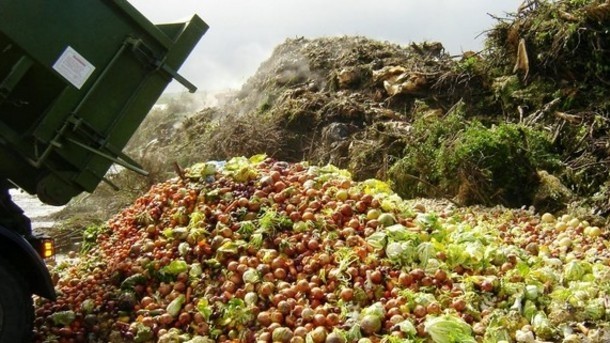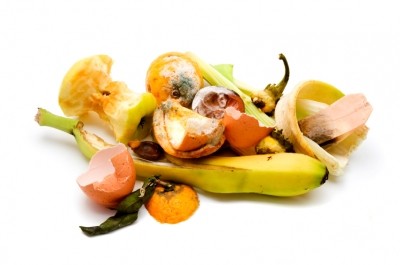We have to do more to reduce waste as an industry, warns Leatherhead expert

Efforts to reduce food waste often focus on lowering the amount of waste at the retail and consumer end of the spectrum, but industry need to do more to better utilise waste products further up the supply chain, warns Osborn, who is Business Innovation Manager at Leatherhead Food Research.
“You’ve got to focus on reducing waste in the household … but there’s also a responsibility in the food industry to make sure they are getting the best value and best usage of their waste streams.”
He noted that while industry are already making steps to reduce levels of waste produced, it needs to ‘do more’, and ‘think differently’ about what happens with any waste that is produced.
“It’s really about leaving no stone unturned when it comes to your manufacturing processes and the waste streams that you get out of that,” he told FoodNavigator.
Learning from sport?
Osborn said industry efforts to reduce waste could be likened to the very small alterations and marginal gains that elite athletes look for when competing at the highest level.
“I always use the example of Sir David Bailsford, the British cycling coach, in that his philosophy in improving Biritish cycling was all about the aggregation of marginal gains,” he said. “Every small thing that you can see and find, if you can improve it even in a small way, then by aggregating these very small things you can actually end up with a very significant output.”
“Waste is always an issue in manufacturing, and most food industry will accept a certain amount of what they consider unavoidable waste. But it’s about making sure that we as an industry are thinking about how to get the best use if that waste.”
Waste NPD
Indeed, Osborn said that there are significant opportunities in recycling products from waste streams in addition to creating new products from waste streams.
“The chocolate bar Flake was made from waste originally. Marmite was a waste by-product,” said the Leatherhead expert. “It might even be about changing your process to increase the value of your waste so that it becomes suitable as an ingredient for somebody else.”
“So you might be currently throwing it away, and accept that certain amount of waste, but there could be value in that waste stream to somebody else.”
He suggested that firms need to look in to both the physical characteristics and the functional properties of waste streams.
“It’s about looking at those waste streams and saying ‘let’s not accept any waste’,” he said. “It’s about trying to think differently going forwards, and making sure that the industry is being as sustainable as possible.”
In addition to being more sustainable, there is obviously an opportunity there that business can perhaps get some value out of that by-product rather than just throwing it away, he said.
Processing efficiency
In addition to maximising the value of waste streams, Osborn noted that there are many other things that can be considered in terms of manufacturing processes.
“If you look at something like confectionery, you mix sugar and glucose together then add a lot of water so that you are able to pump it around your factory, and then boil that water off again once it’s at the other end.”
“That water is really just a processing aid, and the removal of it is a very expensive process. So maybe there are also opportunities to look at the way existing manufacturing processes work, to see if it is possible to change them in to something more energy and resource efficient.”





















